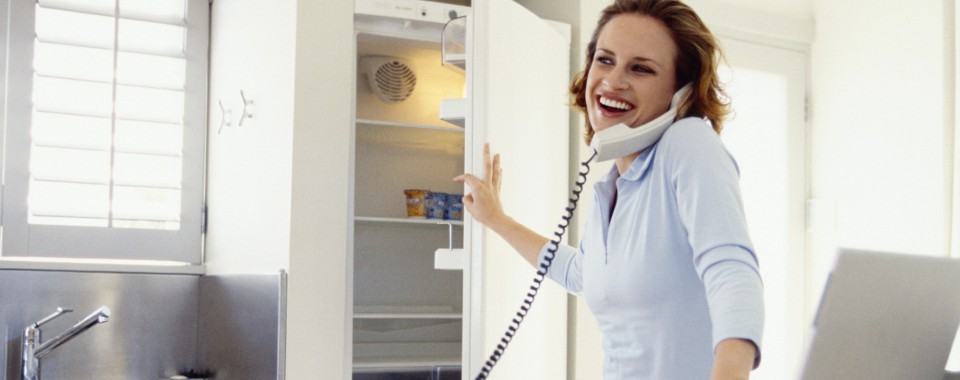 When it comes to purchasing a home, while you may have been vigilant about budgeting in an effort to make sure that your new property would be affordable on a long-term basis, it’s no secret that the actual act of moving can cost a bit of money. From movers to interior adjustments such as window treatments and paint, your wallet may take a hit for a few months. However, while reducing your expenses in the beginning is important, there’s something to be said for fresh starts and cutting costs for an extended period of time.
When it comes to purchasing a home, while you may have been vigilant about budgeting in an effort to make sure that your new property would be affordable on a long-term basis, it’s no secret that the actual act of moving can cost a bit of money. From movers to interior adjustments such as window treatments and paint, your wallet may take a hit for a few months. However, while reducing your expenses in the beginning is important, there’s something to be said for fresh starts and cutting costs for an extended period of time.
Therefore, if you’re looking to start fresh with your move, consider the following tips to save money over the long-run.
AVOID THE LANDLINE: Sure, there is some benefit to installing a landline in your home; however, if you currently have one, when was the last time you really used it? The number of people who are connected to landlines has rapidly fallen over the last few years, which makes sense since most of us have very little need or desire to pay for two phone lines. Chances are pretty good that your cell phone lives within a 10-foot radius from you at all times, so skip the landline and spare yourself the expense.
SWITCH LIGHT BULBS: While incandescent lightbulbs may appear to be the cheaper option at the checkout, it’s important to realize that CFL or LED lightbulbs are up to four-times as energy efficient, turning a total home switch into a real money saver.
CONSIDER A PROGRAMMABLE THERMOSTAT: Most new homes are going come with thermostats that allow you to determine the automatic heating and cooling of your home for all hours of the day, which is great news if you work long hours. If you find yourself purchasing a home that does not have this option, it may be worth your money. Plain and simple, if you can turn your thermostat down by 10 degrees while you’re at work for eight hours, you can save anywhere from 5 to 15% on your heating bill—and the same goes for your air conditioning bill in the summer.
UNPLUG UNUSED DEVICES: While you may think you’re saving money by keeping unused devices turned off, the reality is that—whether on or off—if those devices are plugged in, they are still using electricity. While the amount of electricity actually used is relatively small, when you multiply it by the number of plugged, but turned off, appliances in your home, it adds up.
Clearly, it’s not practical to unplug everything in your home when it’s not being used; however, you may want to consider keeping lesser-used items like the blender or pencil sharpener off the grid.
EAT IN YOUR NEW KITCHEN: While this may sound a bit silly, a large number of people find themselves eating out more than making food at home, which can place unnecessary strain on the wallet. Even if you’re not much of a chef, what’s the point of having a beautiful, new kitchen if you don’t use it? Bring a bit of savings into your life by skipping the takeout and packing a lunch or making dinner in the evening. Aside from being healthier, your bottom line will thank you.
BUNDLE YOUR INSURANCE: If you’ve ever shopped for car insurance, you’ve probably been peppered with options about purchasing homeowners or renters insurance during the process. While irritating if you’re not in the market for other services, as a new homeowner, bundling your policies can actually be a great thing. Many insurance companies offer a sizeable discount if you combine your homeowner’s policy with your auto insurance policies, so if you’re currently using separate companies, you may want to look into making a switch.
For other tips, tricks, and ideas for saving money before, during, or after your move, feel free to contact me. I’d love to hear from you.
Marie Dinsmore | The Dinsmore Team | www.DinsmoreTeam.com | 770-712-7789



